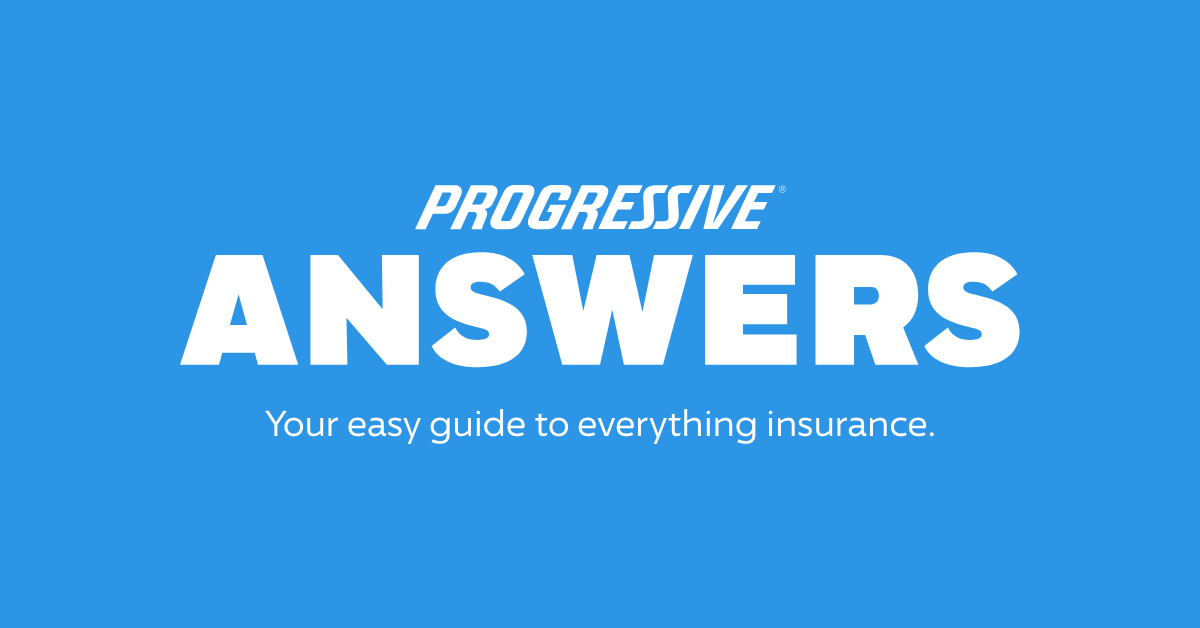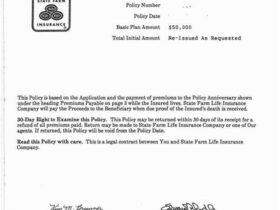Car accidents are a stressful reality, and even the most careful drivers can find themselves in a situation where they’re at fault. In the aftermath, one of the biggest concerns is how your car insurance rates will be affected. This is where accident forgiveness insurance comes in, offering a safety net against premium increases after that first at-fault accident.
What is Accident Forgiveness Insurance?
Accident forgiveness is a car insurance policy benefit that prevents your premium from increasing after your first at-fault accident. It acts as a one-time “get out of jail free” card, ensuring that your insurance company doesn’t penalize you with higher rates when your policy renews. Some insurers offer it as an optional add-on, while others reward safe or loyal drivers with this benefit.
However, it’s crucial to understand that accident forgiveness doesn’t erase the accident from your driving record. If you switch insurance providers, the accident will still be visible to the new company and could influence your premium with them. It’s also important to note that accident forgiveness typically applies only to the first accident. Subsequent accidents will likely lead to an increase in your car insurance costs. The specifics can vary, with some companies forgiving one accident per driver and others forgiving one per policy.
How Does Accident Forgiveness Work?

Typically, if you are found at fault for a car accident, your insurance premium will increase when it’s time to renew your policy. The exact amount of the increase depends on various factors, including your insurance company’s policies, the severity of the accident, and your driving history.
With accident forgiveness in place, your insurer agrees not to consider that first at-fault accident when calculating your renewal premium. This means you can avoid a potentially significant rate hike. However, it is important to remember that other factors can still cause your premium to increase, such as a rise in car theft in your area or changes to your coverage limits.
It is also vital to understand the limitations of your accident forgiveness coverage. Some policies only forgive minor accidents, while others have a monetary limit on the damages. Always read the fine print and ask your insurer for clarification on the specific terms and conditions of your accident forgiveness benefit.
Is Accident Forgiveness Worth the Cost?
Deciding whether to add accident forgiveness to your car insurance policy requires careful consideration. While it can provide peace of mind, it also comes with an added cost. To determine if it’s a worthwhile investment, consider the following factors:
The cost of the add-on: Ask your insurer for a quote on how much it would cost to add accident forgiveness to your policy. Compare this cost to the potential increase in your premium after an at-fault accident.
Your budget: Evaluate your financial situation and determine if you can comfortably afford the additional premium for accident forgiveness. While it can save you money in the long run if you have an accident, it’s essential to ensure it fits within your current budget.
Your driving habits: If you drive frequently or have a longer commute, you may be at a higher risk of being involved in an accident. In such cases, accident forgiveness may be a worthwhile investment.
Your driving record: To qualify for accident forgiveness, you typically need to have a clean driving record. If you have a history of accidents or traffic violations, you may not be eligible.
Peace of mind: Consider the value of knowing that you’re protected from a rate increase after your first at-fault accident. If the peace of mind outweighs the additional cost, accident forgiveness may be a good option for you.
How to Obtain Accident Forgiveness

If you’re interested in acquiring accident forgiveness, the first step is to contact your current car insurance provider. Inquire whether they offer accident forgiveness as an add-on or if it’s included in certain policy tiers. Also, determine if you meet the eligibility requirements, such as maintaining a clean driving record or being a long-term customer.
If your current insurer doesn’t offer accident forgiveness or if you don’t qualify, consider shopping around for quotes from other car insurance companies. Several major insurers, including Allstate, American Family, Auto-Owners, Erie, Farmers, Geico, The Hartford, Nationwide, Progressive, Travelers, and USAA, offer accident forgiveness to eligible policyholders.
Insurance Companies Offering Accident Forgiveness
Many major insurance companies offer accident forgiveness programs with varying terms and conditions. Here are a few examples:
Allstate: Offers accident forgiveness as an optional add-on, preventing rate increases after one at-fault accident.
American Family: Accident forgiveness is available for purchase by drivers with clean records.
Geico: Provides claim forgiveness, preventing premium increases after the first qualifying loss per policy, either as a reward or through purchase.
Progressive: Offers small accident forgiveness automatically in most states, forgiving claims under $500. Large accident forgiveness is available to long-term customers (5+ years).
USAA: Policyholders accident-free for five years receive accident forgiveness on their first at-fault crash at no extra cost.
Accident Forgiveness: What Happens After an Accident?

Even with accident forgiveness, knowing what to do after an accident is crucial. This includes:
Reporting the accident: Immediately notify your insurance company about the accident. Provide them with all the necessary details, including the date, time, location, and a description of the incident.
Documenting the damage: Take photos of the damage to all vehicles involved, as well as any property damage. These photos can be helpful when filing your claim.
Exchanging information: Exchange contact and insurance information with the other driver(s) involved in the accident.
Filing a claim: File a claim with your insurance company to cover the damages. Your insurer will investigate the accident and determine fault.
Cooperating with the investigation: Cooperate with your insurance company’s investigation by providing any requested information or documentation.
Accident Forgiveness & Rate Increase
The primary benefit of accident forgiveness is that it prevents your car insurance premium from increasing after your first at-fault accident. Without accident forgiveness, being involved in an at-fault accident can significantly increase your rates upon renewal.
However, even with accident forgiveness, it’s essential to be aware that your rates could still increase due to other factors, such as:
Moving violations: If you receive any traffic tickets or moving violations, such as speeding or reckless driving, your insurance rates could increase, regardless of whether you have accident forgiveness.
Changes in your driving profile: Changes in your driving profile, such as a significant increase in mileage or a change in your commuting route, could also impact your rates.
Overall rate increases: Insurance companies may increase rates across the board due to factors such as inflation, increased claims costs, or changes in state regulations.
Ultimately, accident forgiveness insurance offers a valuable safeguard against rising premiums after an accident. By carefully evaluating your needs and comparing options, you can decide if this coverage is the right fit for your situation and budget.






Leave a Reply